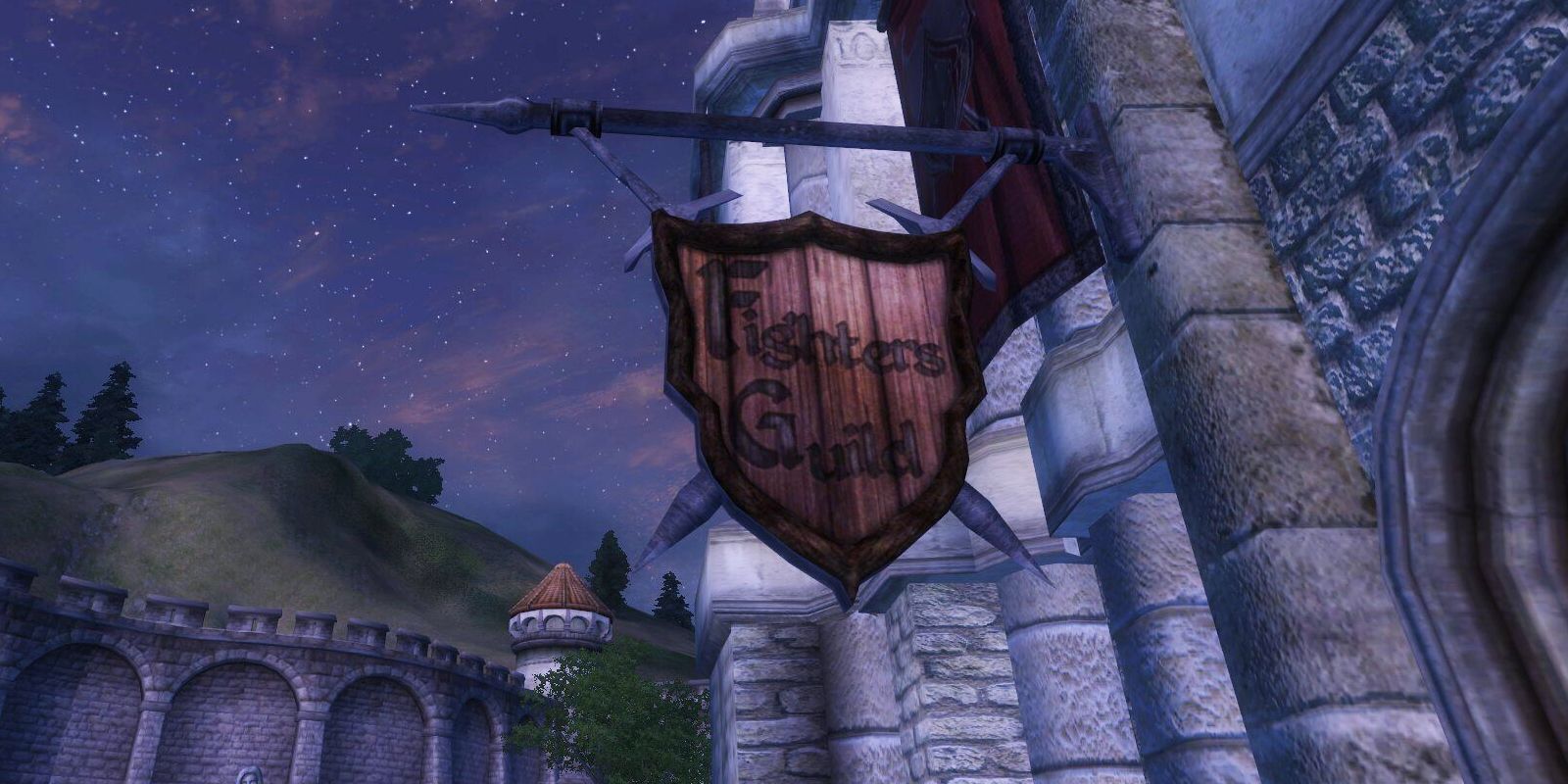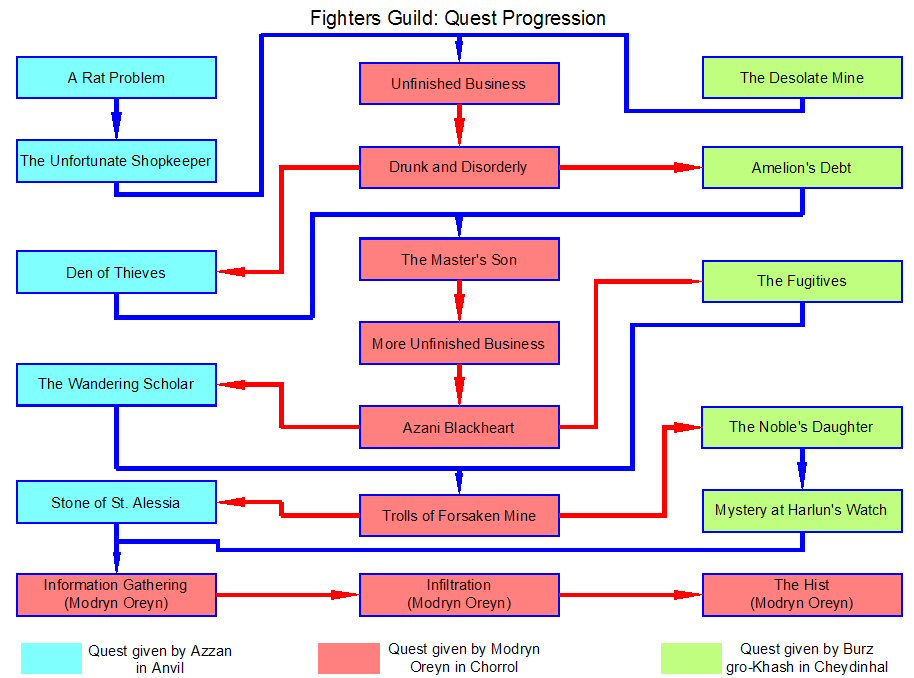

NPCs also have factions so that large numbers of people may enter and exit doors without trespassing.įrequently, the game storyline or NPC dialogues also provide information about a character's guild memberships.

For example, when you join the legal guilds ( Fighters Guild and Mages Guild), you will gain ownership of most of the guilds' possessions, and may take them right underneath the guild members' noses. Most factions have predetermined disposition modifiers towards various other factions: positive modifiers for factions towards whom the faction is friendly (including members of the same faction), and negative modifiers for enemy factions.Īnother purpose that factions serve is giving ownership to various items. This is accomplished via the faction disposition modifiers. A player can even be in every faction at the same time, without penalty (this is in contrast to Morrowind, which involved both prohibition and disposition penalties for faction membership part of 100% Completion in Oblivion is achieving the highest rank in every faction).įaction memberships (your character's and those of the NPC) fundamentally determine who will attack the player (or one another), and who will act as allies. In Oblivion, your character can be a member of more than one guild or faction at a time. In addition, NPC dialogues can be determined by faction memberships, as can some game scripts. These faction memberships control the dispositions of all NPCs and creatures, both towards the player and towards one another. Almost all NPCs and Creatures in Oblivion belong to one or more factions.


 0 kommentar(er)
0 kommentar(er)
